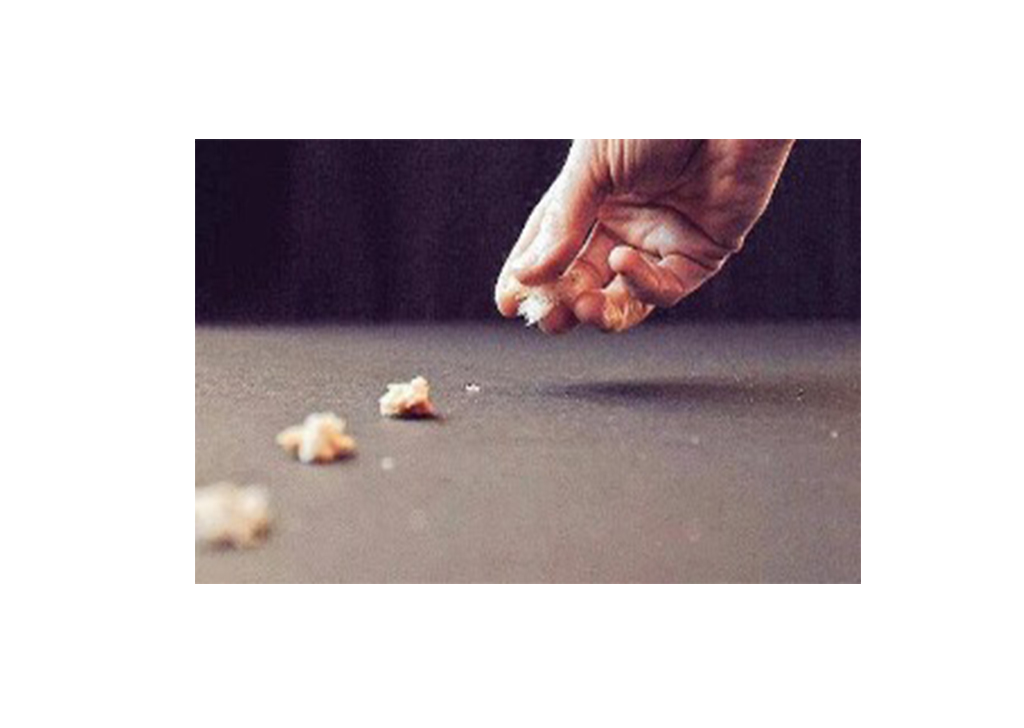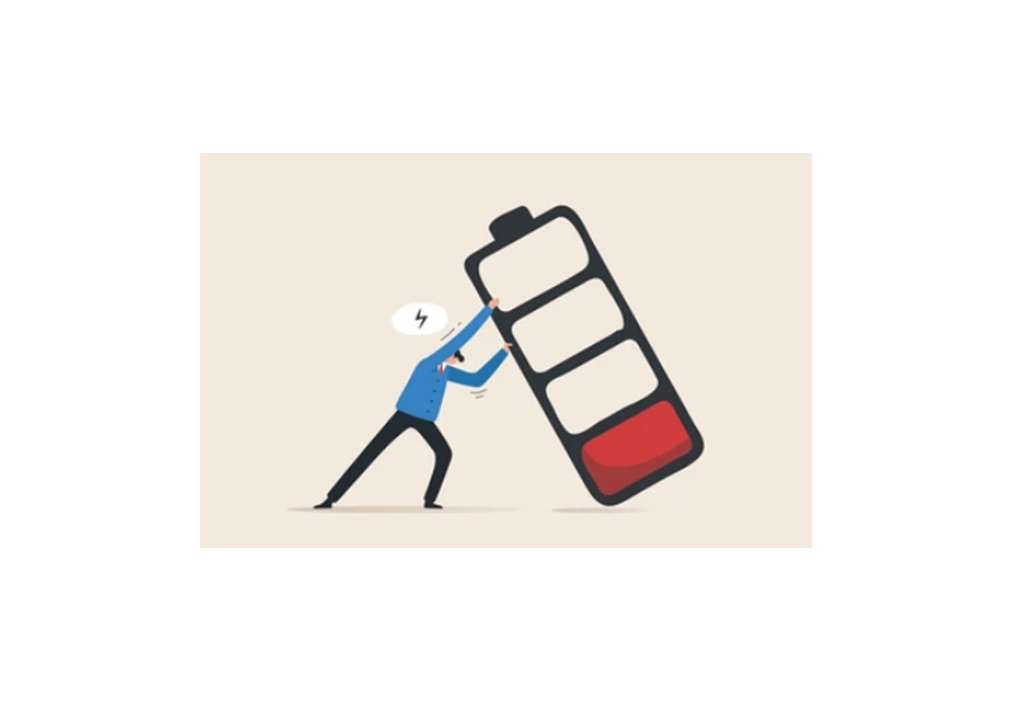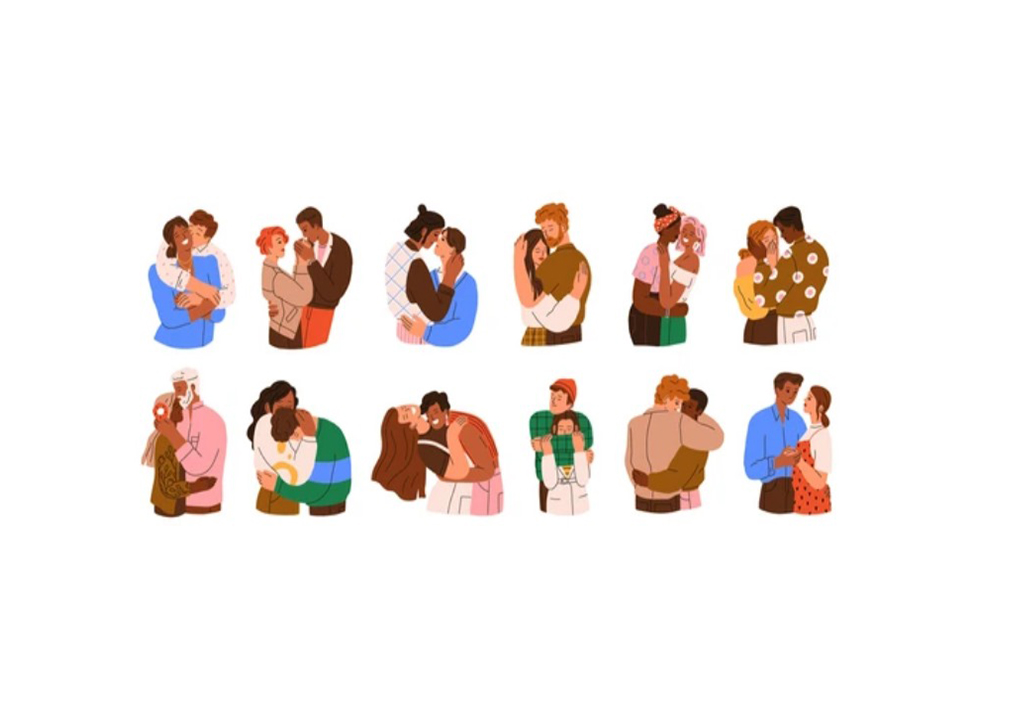The Role of the Father in Child Education
Separating the family like a puzzle; mother, father, child, etc. may be the right way to understand the structures, but none of them alone make much sense and do not constitute a family. But unfortunately, sometimes due to the passive behavior of our partners or during separations, we sometimes overstep our boundaries and take on the role of father even though we are mothers or try to be a mother as well as a father by taking on the responsibilities of the mother even though we are fathers. Naturally, this takes up too much of our time and patience, and over time we can get angry and wear out our children and become aggressive.
Group work is indispensable for being a parent. We call this group work family. Everyone in the family has known or unknown duties and responsibilities. If these duties and responsibilities are violated or not fulfilled by anyone, naturally the other party has to sacrifice more time, patience, and effort to keep the family going. This naturally means fatigue, boredom, stress, and aggression for the person who has worked longer and harder than necessary. Naturally, in an unjust family life, the parties will either go down the path of separation or take strategic approaches to strengthen their relationship of interest. All these approaches mean the destruction of natural, sincere family life. In families where family life is destroyed in content but continues in form, children willingly or unwillingly take on these behaviors, internalize them and apply them to their practices as if they were their own.
I believe that it is necessary to go beyond the known roles of father and mother in the family, because the known roles of mother and father vary greatly according to social pressure, ethics, culture, education, and traditions. Being a mother and a father does not and should not involve unique behaviors based solely on gender, power, or economic differences. To explain the role of the father, many aspects need to be addressed. The father's place in society, the expectations and responsibilities that arise from his gender, the father's communication/non-communication with his wife, and the characteristics of his child all have an impact on the father's role in the child.
To describe the role of the father in the development of the child, it is necessary to address this issue in several dimensions.
Our society's expectations of fathers (generalized expectations)
The role of the father in the development of the child up to 0-3 years of age
The role of the father in the development of the girl child
The role of the father in the development of the male child
The effect of the father's communication with his wife on the development of children
The role of the father during adolescence
It is possible to extend this list to describe the influence of fathers on child development, but I would like to focus on the 6 topics I have mentioned above.
Our society's expectations from fathers
The missions that each society attributes to the father are very different. The expectations of fathers in Turkey or Middle Eastern societies are a bit more common. This is because we are extensions of a patriarchal and feudal society. To properly explain the expectations of society from parents and children, we need to look at the customs, traditions, culture, religion, politics, artistic approaches of that society.
Although there are different, unique, closed, marginalized family members in every society, it would be right to explain the expectations of our society from fathers.
We can summarize our society's expectations from fathers as follows: He is obliged to protect his family, he is expected to solve the material problems of the house, he is asked to do a lot of work that needs to be repaired at home, he can have a say in many organizations related to the house, he sometimes exhibits violent words and behaviors, he is assigned to have the last word, he regulates principles such as permission, prohibition, approval, appreciation, he has a serious say in the children's plans for the outside and the future, and he is the epitome of power. A person who has so many responsibilities, stress, power, expectations, and demands can naturally get stuck between these phenomena and his/her characteristics. Because many of the expectations and duties mentioned above can also mean usurping the personal rights of the mother.
The feeling of absolute power, will, authority, freedom or its opposite, pressure, is the emotion that a father who acts in a similar or similar manner makes his child feel. The father is seen as a profile that is characterized by violence, oppression, callousness, exaggerated control, unable to show his emotions, seen more as the minister in charge of foreign affairs and the economy of the house, and who wants to communicate with his chair, television, and phone more than his wife and children because he is often tired in the evenings. The father profile that harbors such contradictory emotions can naturally pass on this contradiction to his children through the witnessing of various events.
There are also prejudices against children growing up without a father. We can develop either pity or prejudice towards children who grow up without a father. In fact, pity is also a negative phenomenon. Boys and girls who grow up with the phenomenon of "orphan" have a much more difficult time getting into life and asserting themselves. Especially for girls, the path to social, emotional and career happiness is more complicated. As can be inferred from these definitions, being orphaned also means the destruction of the bridge to the child's future, dreams, and hope. At the same time, this situation clearly shows the effects of the father on the child.
The role of the father in child development between 0-3 years: The father plays a very important role from the time of pregnancy. Pregnancy can interrupt the mother's entire life (emotional, social, sexual, work). During this time, the father should spend more quality time with the mother so that she does not feel alone. This quality time is not only for the mother but also for the father to be integrated into the family feeling.
Birth: The birth of the child also means the end of the mother's journey with the child for more than 9 months. The mother may feel lonely, abandoned, angry, inadequate, and incomplete. This period can be overcome very quickly with the support of the father. If the father can make the mother feel how important the family is, how special motherhood is, and support her in household chores as much as possible, the positive change in the child and the mother will be supported. Emotional differences may occur between the mother who gets used to the presence of her child before the child is born and the father who sees his child after birth. The bond between father and child is strengthened in the weeks and months after the birth. During this time, it is very important for the happiness of the child and the mother that the father not only strengthens communication with the mother, supports the housework, but also spends time with his child playing games, smiling, and answering all the questions asked by the child repeatedly without getting bored or tired.
In the articles so far, we have emphasized the happiness of both the mother and the father individually and as a family. We know that whatever the mental state of the parents is, their children are also affected in the same way; in short, whatever the parents have, they can give to their children. If there is happiness, they can give happiness, if there is unhappiness, loneliness, disappointment, they can give it even if they don't want to. Therefore, children are affected more by our behavior than our words.
If a father or mother is devoted to their child, it is not only because they love their child very much, but also because they are very lonely.
The role of the father in a girl's development: For girls, the father means both the first communication with the opposite sex and the approach of the person she calls father (the first and so far, only person she trusts, believes in, and loves other than her mother). At this stage between the ages of 3-12, the father's communication with the girl forms the basis of her later emotional, social, and even sexual life.
A natural, smiling father who spends quality time with his child, is at peace with himself, and has a calm mood that can solve problems will support children to establish more positive, self-confident, self-confident, and positive communication with the opposite sex and with themselves in the future.
When we look at the men who come into our life’s years and years later, we can see that if we have good communication with our fathers, we are mostly with men who look like our fathers, and if our communication with our fathers is problematic, we are mostly with fake fathers who have the opposite characteristics of our fathers. Even this can show how big the role of the father is.
The role of the father in a boy's development: Expectations from boys born in a patriarchal society can be higher. At a young age, many responsibilities can be given by the family, from being the head of the house to being the heir after the father. Of course, boys should be given responsibilities and duties, but they should not be given the head of the house. Since the child at that age cannot bear this burden, developmental regressions may occur by exhibiting anger or passive behavior. A boy can try many methods to get into the father's favor. The father should be a very good observer and should not make a serious effort to direct the boy towards anything that he has not been able to do in his past or that he wants to be but cannot be. If the father continues to live his own life confidently, the child will be influenced by the father and will find his own way in that direction and develop more original behaviors and goals.
The role of the father during adolescence: Adolescence is the stage when the impossible becomes possible and the impossible becomes feasible. Therefore, rebelliousness is the most prominent characteristic of adolescents. Adolescents want responsibilities and may show themselves in some risky jobs to say that they are in life. In oppressive families, adolescents are pacified and may unconsciously get involved in more radical activities. In fact, their behavior can also be caused by an overdose of parental behavior.
The conclusion we can draw from all these articles: For our children to be happy, self-confident and follow their dreams, fathers need to embrace their children and their children's dreams.
Maybe we will have to follow the rules imposed on us by society, but if we can learn to be natural and see our children not as robots but as individuals, allowing them to make mistakes and raising them with a smile, we will have done our duty as fathers. The best father is the one who supports his wife, believes in his child and is at peace with himself.
Hashtags
father child education
Categories
Family Actual Pedagogical (Family-Child-Adolescent)







